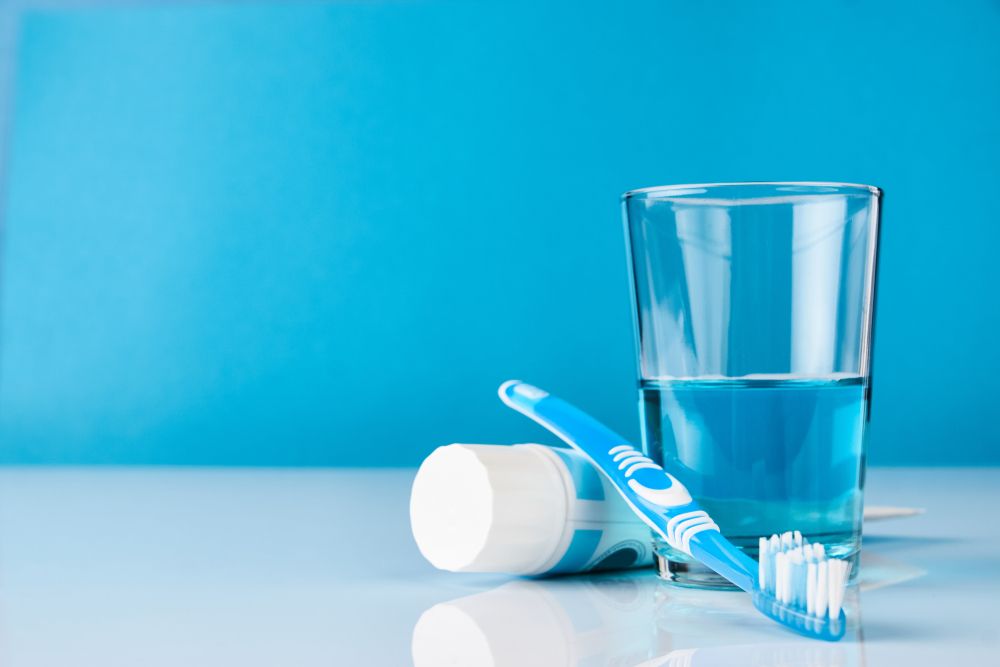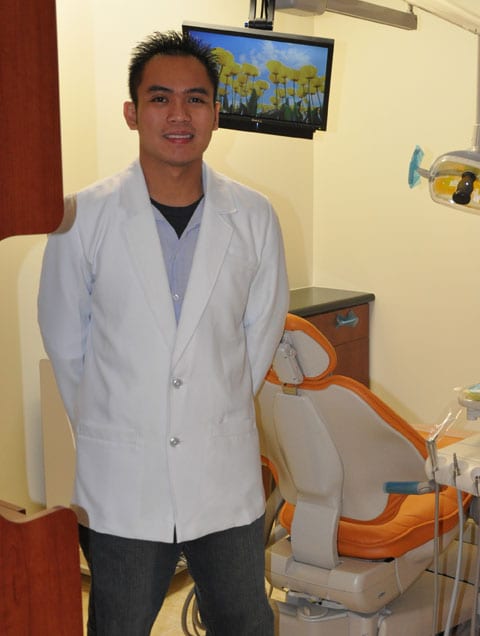In the comprehensive oral care landscape, mouthwash plays a significant but often misunderstood role. At Superb Dental Care in Pasadena, CA, Dr. Reynaldo Barbon emphasizes the importance of understanding what mouthwash does and when to use it effectively in your daily dental routine.
Understanding Mouthwash and Its Functions
Mouthwash, or oral rinse, serves multiple purposes in oral health maintenance. Primarily, it acts as an antiseptic to kill harmful bacteria in the mouth, which aids in preventing plaque buildup, gingivitis, and bad breath. Some formulas contain fluoride, which strengthens tooth enamel and helps prevent tooth decay.
Types of Mouthwash
- Cosmetic Mouthwashes: These temporarily control bad breath and leave a pleasant taste in the mouth but don’t necessarily reduce the risk of cavities or gum disease.
- Therapeutic Mouthwashes: Containing active ingredients like fluoride, chlorhexidine, cetylpyridinium chloride, and essential oils, therapeutic mouthwashes reduce plaque, gingivitis, cavities, and bad breath.
The Right Time to Use Mouthwash
The optimal time to use mouthwash depends on your personal routine and the type of mouthwash. For most people, rinsing with mouthwash after brushing and flossing is effective. It can help remove any loosened particles and provides an additional cleaning, especially beneficial for those undergoing treatments such as Dental Implants or Root Canals.
How to Use Mouthwash Effectively
- Read the Label: Adhere to the instructions regarding the quantity and duration. Typically, swishing around 20-30 ml of mouthwash for 30 seconds to a minute is recommended.
- Do Not Dilute: Use mouthwash at its full strength for maximum efficacy.
- Avoid Eating or Drinking Immediately After: To maximize the benefits, avoid eating, drinking, or rinsing with water for at least 30 minutes after using mouthwash.
Mouthwash for Special Dental Needs
Patients with specific dental needs, such as those undergoing Full Mouth Reconstruction or wearing Removable Dentures, may require specialized mouthwashes. These specialized rinses can address unique concerns like dry mouth, sensitivity, or the need for enhanced antimicrobial action.
Incorporating Mouthwash into Your Dental Routine
Mouthwash should be viewed as a supplement to, not a replacement for, regular brushing and flossing. It’s an additional step in your oral hygiene regimen that can enhance the cleanliness of your mouth, especially in conjunction with regular Dental Cleaning and Consultation appointments.
Children and Mouthwash
For children, fluoride mouthwash can be beneficial, but it’s essential to introduce it when they’re old enough to avoid swallowing it, typically around the age of six. Supervision is key to ensure they use it correctly.
Enhance Your Oral Health with Superb Dental Care
Mouthwash can be a valuable addition to your oral hygiene routine when used correctly. It’s important to choose the right type based on your oral health needs and to use it as part of a comprehensive oral care plan.
At Superb Dental Care, Dr. Reynaldo Barbon and his team are dedicated to helping you achieve optimal oral health. For personalized advice on incorporating mouthwash into your oral hygiene routine or any other dental concerns, contact us at 626-844-7778. Schedule your visit today and take a step towards a healthier, brighter smile.
Sources
- American Dental Association: Mouthwash (Mouthrinse)
- Journal of Clinical Periodontology: Effects of Mouthwash on Oral Health
- International Journal of Dental Hygiene: The Role of Mouthwash in Oral Hygiene












